

 Ghana has continued its inconsistency on the Reporters without Borders Global Press Freedom Index. The country that made some improvements on its ranking on the Index for 2024, moving from 62 to 50, has slid to 52 on the 2025 Index.
Ghana has continued its inconsistency on the Reporters without Borders Global Press Freedom Index. The country that made some improvements on its ranking on the Index for 2024, moving from 62 to 50, has slid to 52 on the 2025 Index.
The country moved up 12 spots up, after dropping 30 spots from 2021 to 60 in 2022 before sliding further to 62 in 2023, among 108 countries in the world.
According to the publishers of the Index, Ghana, regarded as one of Africa’s most democratic countries, has a vibrant and pluralistic media environment.
“However, the creation of media outlets by politicians has given rise to politicised and biased media content,” they said.
The Index acknowledges that the 1992 Constitution authorizes new media outlets to be created without a licence, Ghana has at least 100 media outlets, including radio stations, TV channels and news sites. Many privately owned media, such as the Joy News channel, the Myjoyonline website and radio Peace FM, are very popular and reflect a high degree of pluralism and diversity. They have the independence necessary to operate without political restrictions.
The state-owned Ghana Broadcasting Corporation, and its TV and radio stations, GBC TV and GBC Radio, have nationwide coverage. There are also numerous community radio stations throughout the country. However, measures taken by the authorities to promote media pluralism have favoured, in recent years, the emergence of partisan media outlets launched by politicians.
Political context
Although Ghana is considered a regional model of democratic stability, journalists have experienced growing pressures in recent years. To protect their jobs and their security, they have increasingly resorted to self-censorship as the government has shown itself to be intolerant of criticism. A third of the country’s media outlets are owned by politicians or by people with ties to the leading political parties, and the content they produce is largely partisan. Furthermore, the government chooses the National Media Commission’s members although it has little to no influence over the appointment of those in charge of privately owned media outlets.
Legal framework
Freedom of the press is guaranteed by the 1992 Constitution. Media outlets are free to operate as they like, subject to the National Media Commission’s regulations. The Right to Information Act, passed in 2019, authorises journalists to demand information of national interest. However, a clause in the law allows a fee to be charged if the information is requested in a language other than English – a provision used to prevent journalists from accessing the information they seek.
Economic context
In Ghana, most media outlets face financial difficulties, resulting in low salaries and poor working conditions for journalists. New newspapers are often launched only to fold within months because they were unable to cover their production costs. State-owned media, on the other hand, are awarded government advertising contracts and are paid in exchange for publishing information. Non-transparent and unfair procedures are used to allocate state advertising.
Sociocultural context
Journalists investigating environmental issues — particularly mining or salt extraction — are particularly targeted by physical attacks, sometimes resulting in serious injuries. Other topics, such as culture and religion, can be covered freely and without particular difficulty.
Safety
Journalists’ safety has seriously deteriorated in recent years. Journalists’ work is frequently obstructed, most often due to studios being verbally and physically attacked during live broadcasts and journalists being assaulted while they are on air. Most cases of police violence against journalists are not penalised. The same goes for murders of journalists: six years after the brutal death of investigative reporter Ahmed Hussein-Suale, the investigation has ground to a halt. President John Dramani Mahama, elected in December 2024, has pledged to reopen it.
The post Ghana continues vacillation on press freedom index dropping two steps down appeared first on Ghana Business News.
Read Full Story




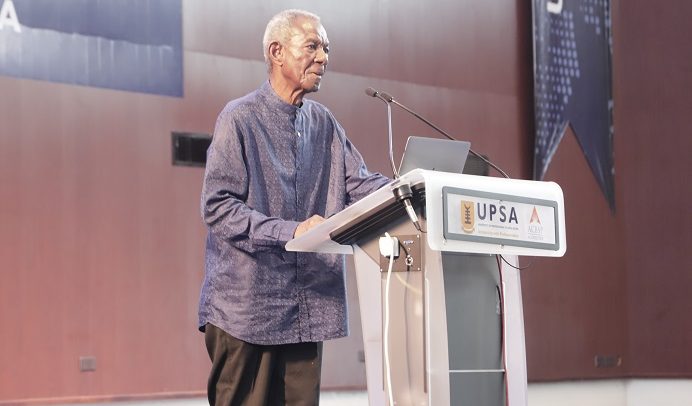
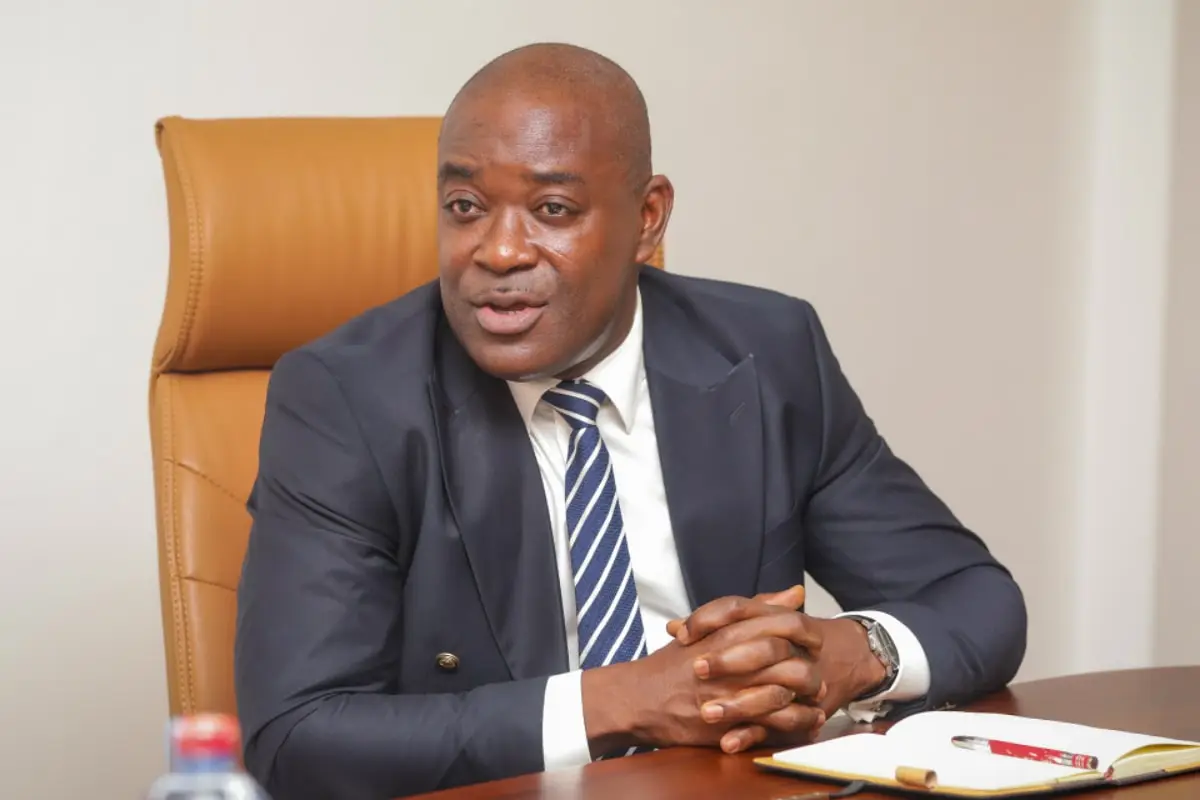



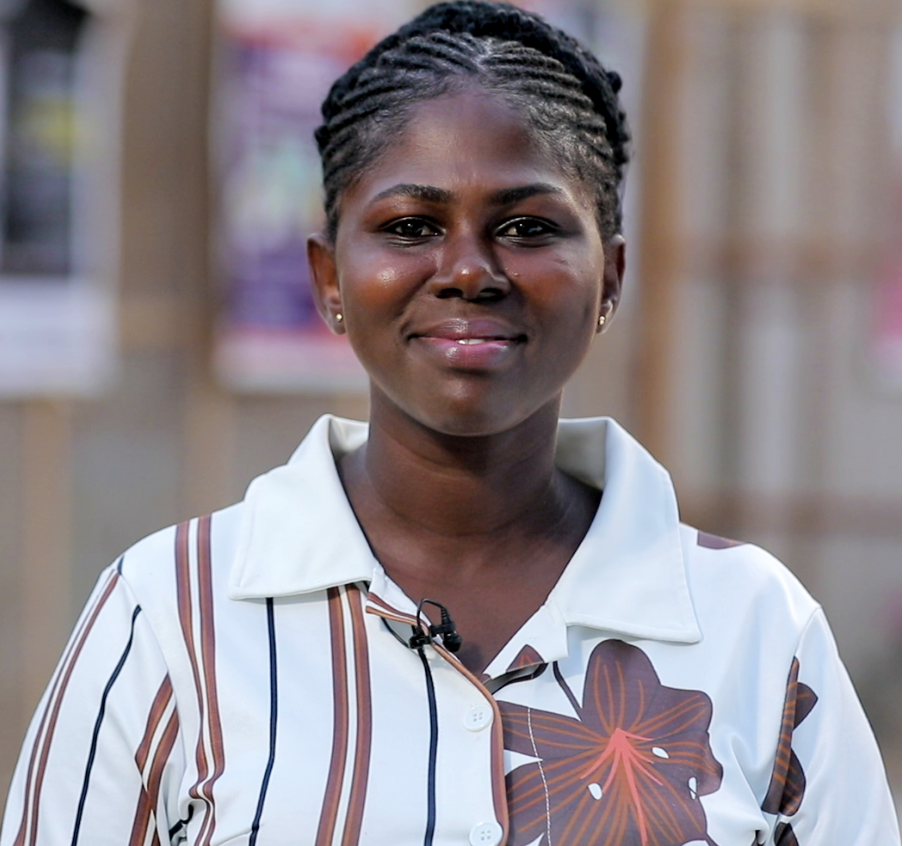
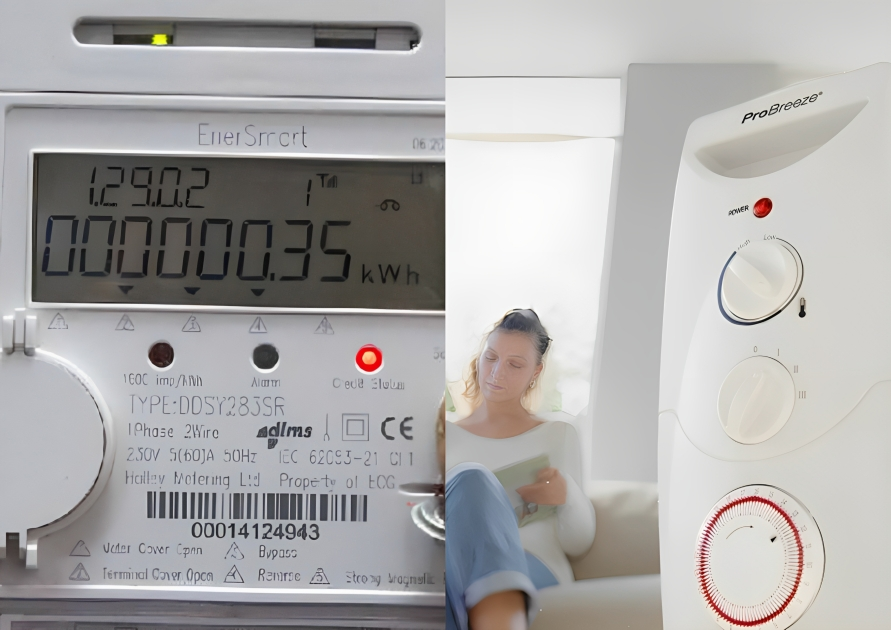
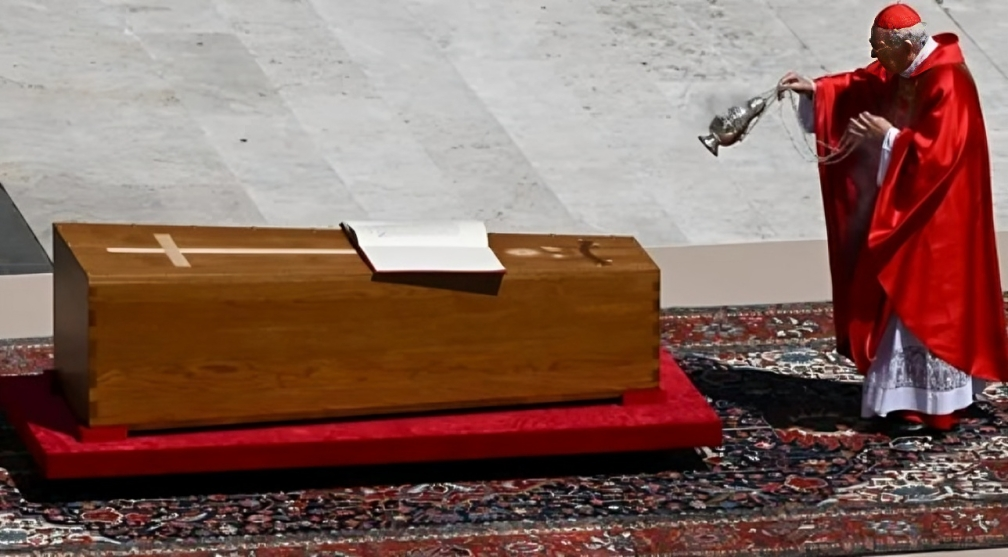

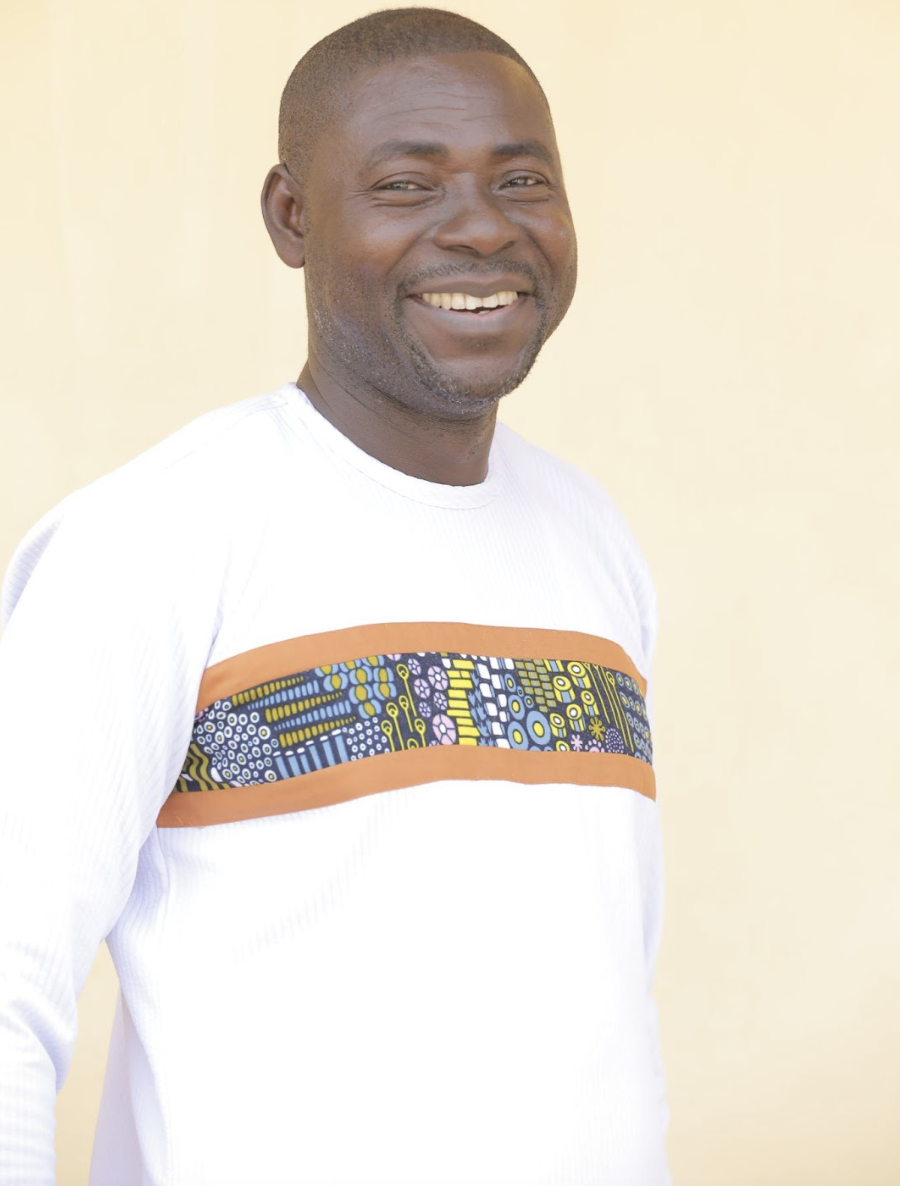


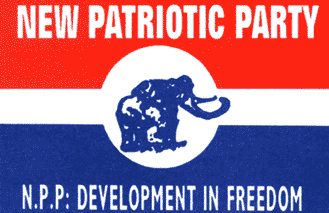

Facebook
Twitter
Pinterest
Instagram
Google+
YouTube
LinkedIn
RSS